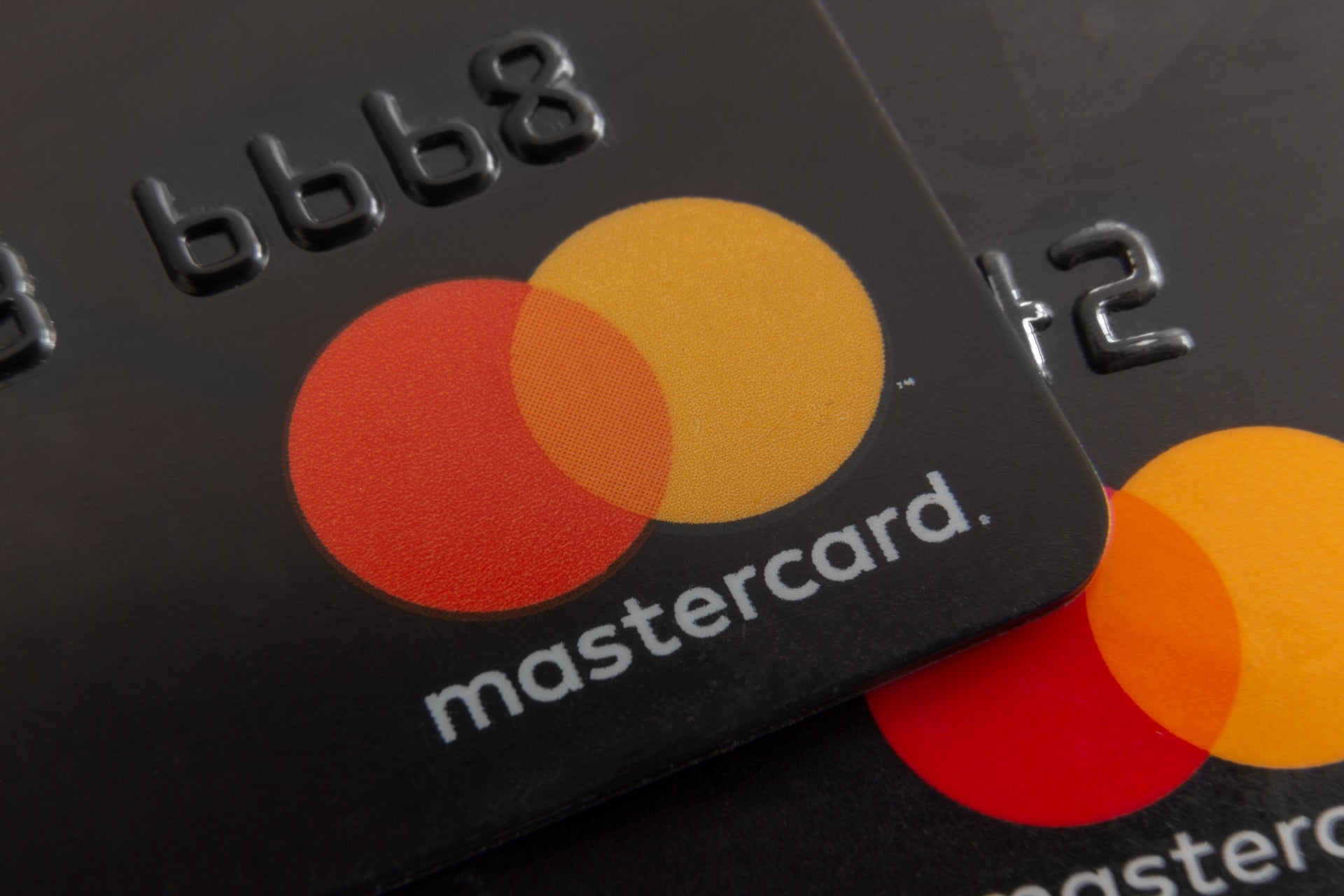
Mastercard has strengthened its fraud-fighting capabilities with the acquisition of regtech firm Ekata, in a deal valued at $850m.
The news comes as a pandemic-driven shift to spending online has raised the risk of financial cyber crime. In response, regulators worldwide have actively introduced new legislation such as the EU’s Payments Directive (PSD2) and the upcoming Sixth Anti-Money Laundering DIrective (6AMLD) to force ecommerce sties and payments companies to do more to ensure that people are who they say they are.

Access deeper industry intelligence
Experience unmatched clarity with a single platform that combines unique data, AI, and human expertise.
It is against this background that Mastercard has now acquired Ekata. Digital identity companies, or regtechs, provide ways to prevent fraud, money laundering and other financial crimes by verifying the identities of the actors on each side of a transaction.
Ekata works with a range of global merchants, financial institutions, travel companies, marketplaces and digital currency platforms. It provides unique scores, data attributes and risk indicators to help enable businesses make more informed decisions by identifying good consumers and bad actors in real-time during online account opening, payments and other digital interactions.
Mastercard said it sees digital identity as a foundational part of its multi-layered approach to security.
Mastercard president of cyber and intelligence solutions Ajay Bhalla said the addition of Ekata will advance the company’s identity capabilities and create a safer, seamless way for consumers to prove their credentials in the new digital economy.

US Tariffs are shifting - will you react or anticipate?
Don’t let policy changes catch you off guard. Stay proactive with real-time data and expert analysis.
By GlobalDataEkata CEO Rob Eleveld noted that being part of the Mastercard Identity family ensures a broader, collective approach to meeting the growing demands of the digital economy. Eleveld added:
“The acceleration of online transactions has thrust global digital identity verification to the forefront as one of the biggest opportunities to build digital trust and combat global fraud.
“The right identity verification solutions enable inclusive and frictionless experiences while, at the same time, ensuring customer privacy, control and security.”
Last month, Mastercard completed its acquisition of the majority of the Corporate Services business of Nets, a leading European PayTech company.
Other companies in the sector are also shoring up their digital identity capabilities. For instance, Munich-headquartered IDnow snapped up up identity company Trust Management AG in March after having previously salvaged Wirecard Communication Services from the remains of disgraced German payment processing behemoth Wirecard, which collapsed last summer amidst a multi-billion dollar fraud scandal.
In Europe, PSD2 introduced rules about strong customer authentication that forced payment companies to introduce two-step authentication. The EU is also set to make the regulations surrounding fintech even stricter with the introduction of 6AMLD in June.
“6AMLD takes a major step forward in defining criminal liability, compared to its predecessors,” comments Marius Galdikas, CEO at ConnectPay. “Accountability is extended beyond physical persons, meaning that legal entities such as companies or partnerships will also become subject to criminal penalties. This will put all internal procedures under a microscope, to avoid any violations and prevent possible abuse of power while making decisions on behalf of the legal person.”






